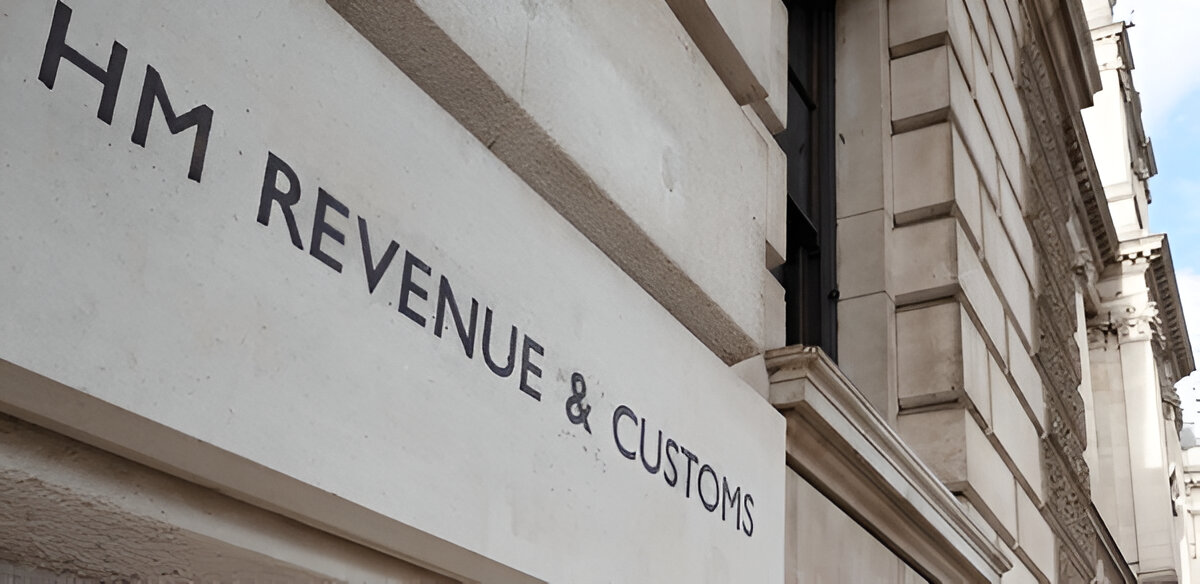
How Does HMRC Collect Tax on Savings Interest in the UK
In the United Kingdom, interest earned on savings from bank accounts, building societies, and other savings vehicles is considered taxable income. It is HMRC’s responsibility to ensure the correct amount of tax is charged and collected from taxpayers.
This guide explains how HMRC tracks, calculates, and collects tax on savings interest, and what it means for individual savers.
Savings Accounts: A Financial Lifeline
For most people, money held in a savings account acts as a financial safety cover for emergencies. But it’s also commonly used to fund celebrations, holidays, or important life goals like buying a car.
Savings accounts help separate “the money we need right now and the funds we need later on.” Plus, the interest you earn on your savings helps your money grow over time.
Currently, Moneyfacts reports that the average interest rate on savings accounts is around 2.92%, though some accounts offer rates as high as 5%.
Rising Interest Rates Bring New Tax Considerations
In recent years, savings interest rates have risen significantly after remaining near rock-bottom for much of the last decade. While this increase is good news for savers, there’s a catch: many individuals with larger savings balances may soon need to pay tax on the interest they earn.
This is largely because higher interest payments could push savers above their Personal Savings Allowance (PSA)—the amount of savings interest you can earn tax-free each year.
The Financial Times warns that thousands of savers may unintentionally face unexpected tax bills and penalties from HMRC if they fail to declare and pay tax on their savings interest.
Savings Tax Rules in the UK
According to the Low Income Tax Reform Group, banks & building societies pay interest on savings accounts as compensation for holding and using your money. However, this interest is considered taxable income, meaning you may need to pay income tax on it at your marginal rate. The exact tax you owe depends on your overall earnings and the types of investments you hold.
That said, many savers can earn some interest without paying any tax, thanks to certain allowances designed to reduce or even eliminate tax liability on savings interest.
Personal Allowance
In the UK, the personal allowance for the tax year 2025-26 is £12,570. This is the amount of income you can earn before you start paying income tax. If your total income from wages, pensions, or other sources is below this threshold, your savings interest may be covered within this allowance, meaning you won’t pay tax on it.
Personal Savings Allowance (PSA)
Brought in April 2016 by then-Chancellor George Osborne, the Personal Savings Allowance (PSA) allows you to earn a certain amount of interest tax-free:
- Basic rate taxpayers can make up to £1,000 in savings interest tax-free.
- Higher-rate taxpayers have a reduced allowance of £500.
When the PSA was first introduced, it was estimated that almost 85% of savers wouldn’t need to pay tax on their interest. However, the allowance has remained unchanged over the last decade, while living costs and interest rates have risen. As a result, more savers are now unexpectedly facing tax bills on their savings interest.
Starting Rate for Savings
In the UK, the starting rate for savings is £17,570. This means that for low earners whose total income falls below this threshold, there is a higher tax-free allowance on savings interest. Specifically, these savers can earn up to £5,000 in interest tax-free—this is in addition to their Personal Savings Allowance (PSA) and personal income tax allowance.
How HMRC Collects Tax on Savings Interest
HMRC receives information about the interest you earn from your banks and financial institutions. This allows them to calculate the tax you owe accurately.
- Self-employed individuals must declare savings interest on their Self-Assessment tax returns.
- For employed individuals and those taxed under the PAYE (Pay As You Earn) system, HMRC adjusts your tax code so that any tax due on savings interest is automatically deducted from the salary.
Strategies to Avoid Paying Tax on Savings Interest
- Open a Cash ISA (Individual Savings Account):
Cash ISAs let you to save up to £20,000 annually, and all interest earned is tax-free. While Cash ISA rates were relatively low for some time, they have been steadily rising, nearing the returns offered by regular savings accounts. - Contribute to a Pension:
Saving into a pension provides tax relief on your contributions, helping you save tax now. However, the downside is that you cannot access this money until you reach retirement age. - Invest in Premium Bonds:
Premium Bonds offer a opportunity to win tax-free prizes instead of earning taxable interest, making them an attractive option for savers looking to avoid income tax on returns.
Want to learn more about how to legally reduce or avoid tax on your savings interest? Connect with us at Cangaf Ltd.—we’re here to help!


